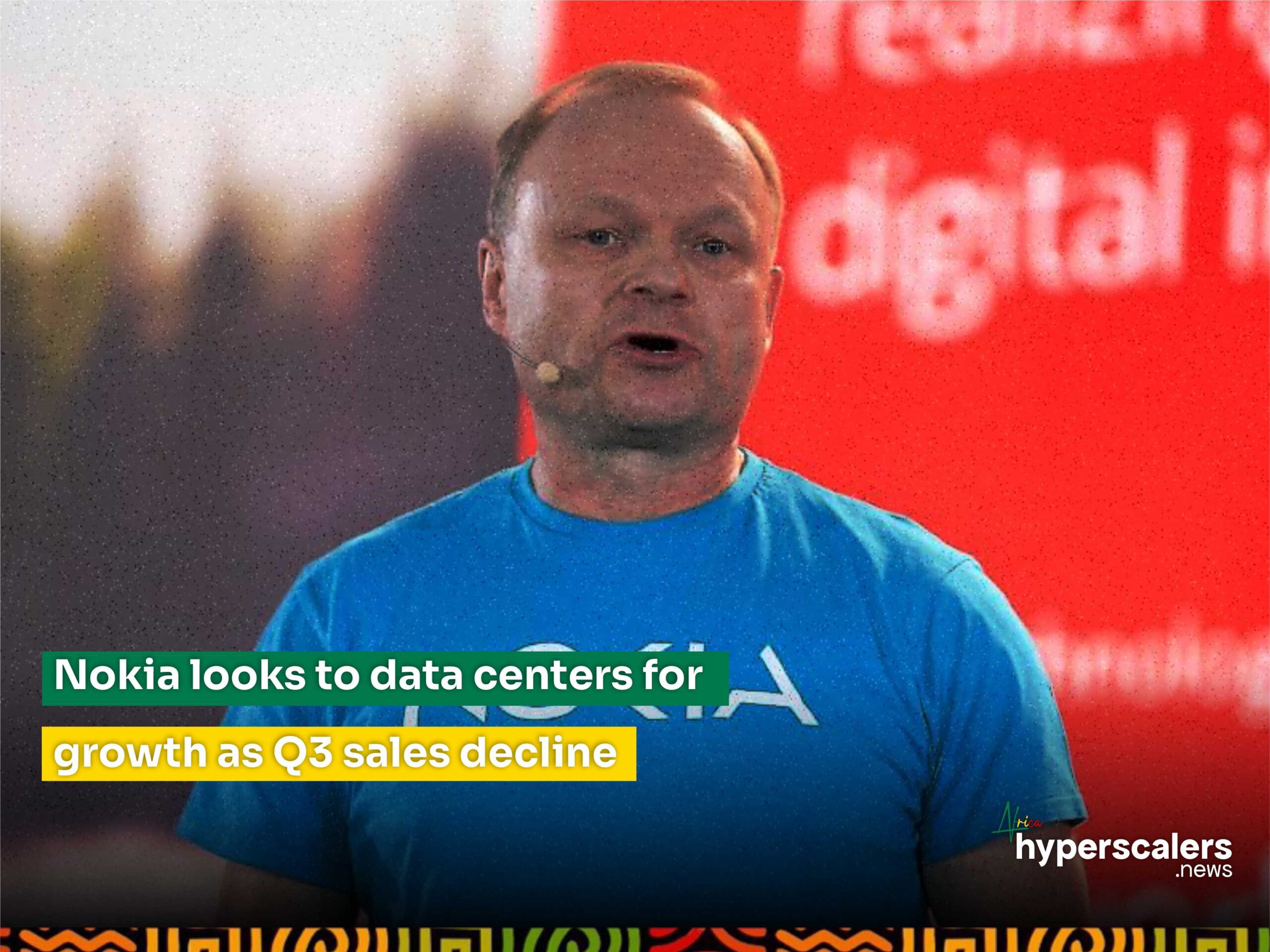Nokia is betting big on data centers to fuel future growth, even as its Q3 2024 sales took a hit. The company saw an eight percent drop in net sales this quarter, with struggles in its mobile networks business, particularly in India, and reduced spending in cloud and network services weighing it down.
Despite these setbacks, CEO Pekka Lundmark remains positive about the company’s direction. “As I reflect on our performance in the third quarter, I am optimistic we are now turning the corner in many parts of our business, even if some continue to experience market weakness,” he said.
Nokia’s Q3 report showed $4.7 billion in net sales, a decrease from last year’s $5.11 billion. However, there were some bright spots. Operating profit grew by four percent, and net profit jumped by 32 percent year-on-year.
“There are reasons for optimism across our portfolio. We expect a significant acceleration in growth in Q4 in network infrastructure and see a number of structural demand trends supporting our future growth,” Lundmark shared. He also mentioned strong demand for Nokia’s 5G Core, signaling that the company is gaining momentum in that area.
Looking beyond mobile networks, Nokia is expanding into new markets. Lundmark emphasized that data centers are a promising avenue for growth. “Across Nokia, we are investing to create new growth opportunities outside of our traditional communications service provider market. We see a significant opportunity to expand our presence in the data center market and are investing to broaden our product portfolio in IP Networks to better address this,” he explained.
In line with this strategy, Nokia recently launched a data center automation platform, designed to make data center operations more efficient. Dubbed an “event-driven automation” (EDA) platform, it aims to reduce human errors and minimize network disruptions. It builds on Kubernetes and features cutting-edge technologies like digital twins and generative AI, all while being compatible with a wide range of IT service management and cloud platforms.
Nokia’s data center management platform pits it directly against segment giants like Cisco and Juniper Networks.
This move allows Nokia to differentiate itself from other telcos such as long-term rival, Ericsson. Nokia serves mobile network operators, enterprises, government, the public sector, financial services, retail, energy, and resources, automotive, healthcare, logistics, manufacturing, and transportation industries with a broad range of network solutions.





